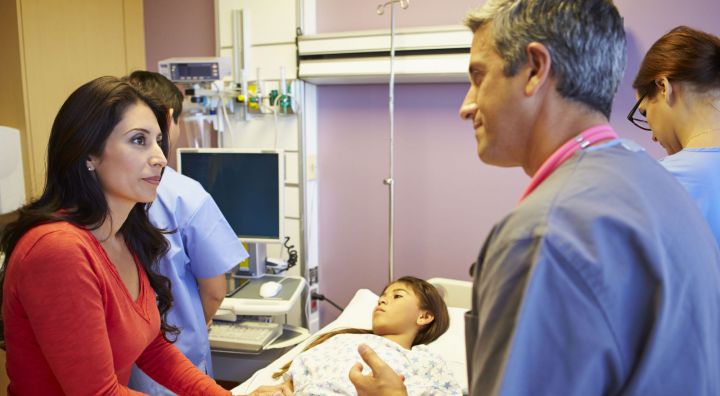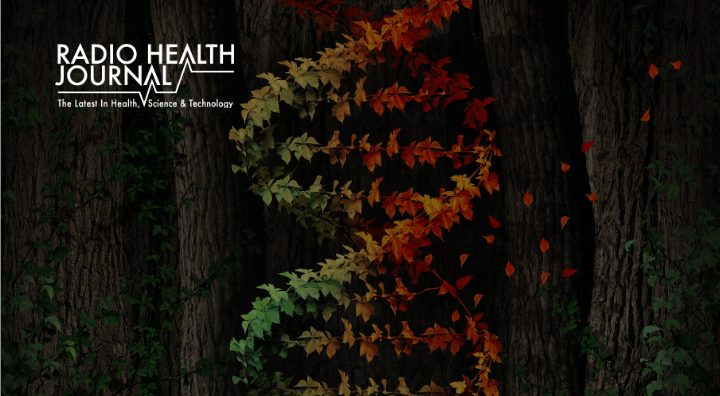With all the medical advancements humans have accomplished, it may be hard to believe but some animals are capable of a task that medical technology has yet to achieve; smell disease.
Dogs have been known to sense low blood sugar in diabetic owners. In research projects, dogs have been trained to detect prostate cancer in urine and lung cancer in breath samples. What makes them able to achieve such a feat?
Dr. Cindy Otto is the Executive Director of the Penn Vet Working Dog Center, located at the University of Pennsylvania. She explains that dogs are able to focus on specific scents, similar to how humans can use vision to focus on subtle changes in the environment. These talents are based on the unique ability to block out extraneous stimuli. Otto says the ultimate goal is for diagnostic machines to ‘sniff’ out the same scents animals have been trained to identify. She also hopes that scientists, using the same technology, will be able to create readily available, inexpensive diagnostic tests on a massive scale.
In Mozambique and Tanzania, a very different type of animal puts their diagnostic talents to the test. Large rats are tasked with detecting tuberculosis in humans. Dr. Christiaan Mulder, the director of APOPO, a TB program based in Belgium, says rats are much more efficient and cheaper than laboratory tests. The rats are said to rule out about 80% of the healthy individuals, saving time and money compared to laboratory tests that can take days to rule out individuals one by one.
Dr. Gary Beauchamp, Emeritus Director and President of Monell Chemical Senses Center, says there’s a lot of skepticism when it comes to using animals to detect disease. Although he points out that dogs are relied upon to detect explosives, find drugs, and track missing humans. So should we trust animals with this crucial job? It would be up to the FDA to approve any animal-based diagnosis and many agree that a technological simulation of the skill should be the ultimate goal.
Guest Information:
- Dr. Cindy Otto, Executive Director, Penn Vet Working Dog Center, University of Pennsylvania
- Dr. Gary Beauchamp, Emeritus Director and President, Monell Chemical Senses Center
- Dr. Christiaan Mulder, Director, TB program, APOPO











Leave a Reply